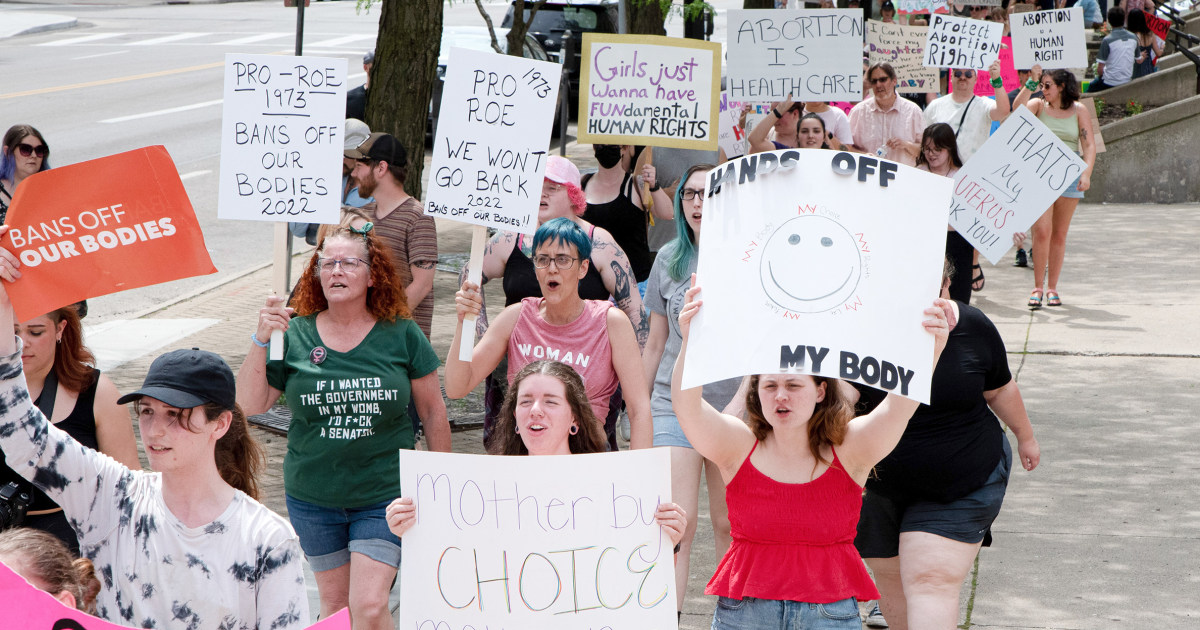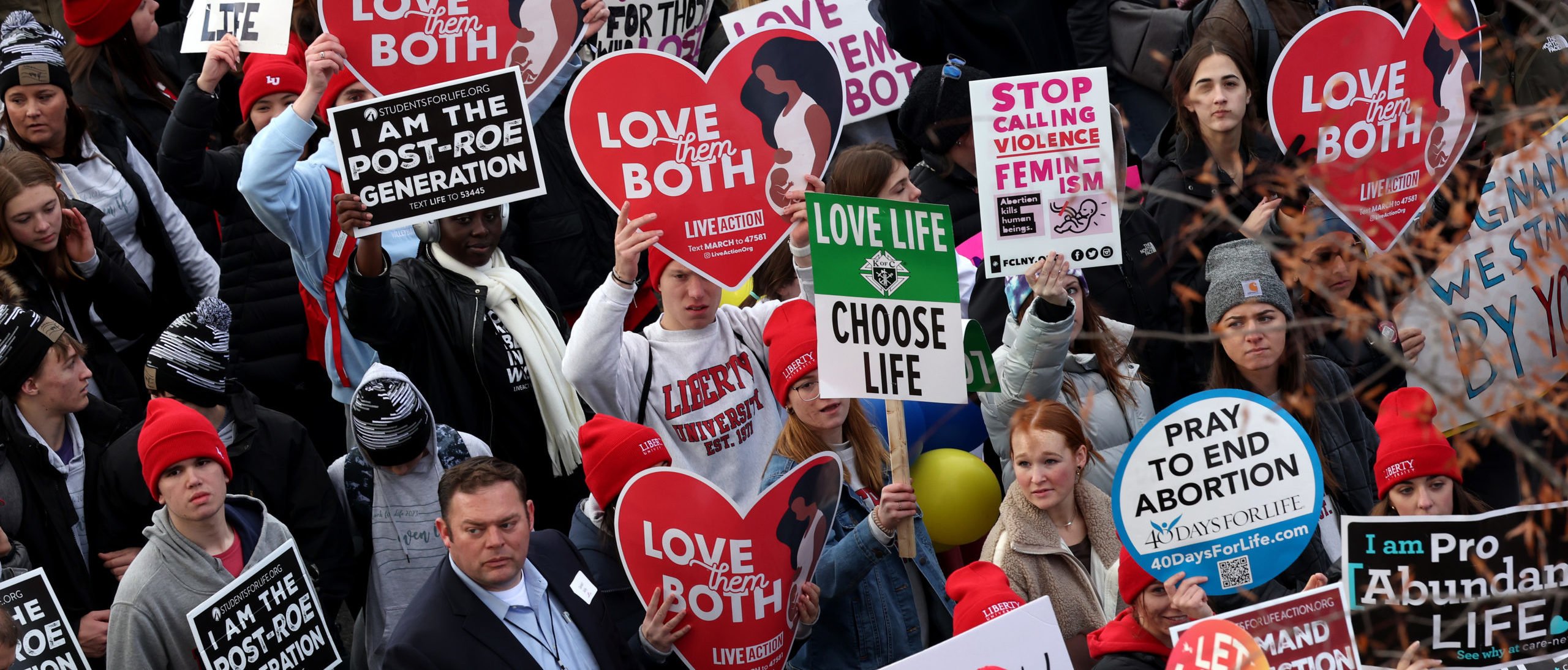Ohio Woman Won’t Be Charged With Abuse of Corpse Over Miscarriage

The Facts
The Trumbull County, Ohio, grand jury on Thursday decided against indicting Brittany Watts — a 34-year-old Black woman who miscarried and passed her 22-week fetus in her bathroom in September — for abuse of a corpse.
Previously, a municipal judge had found probable cause to charge Watts — who had visited the hospital twice before her miscarriage and was informed by her doctor she was carrying a nonviable fetus — due to her actions following the miscarriage.
The Spin
Left narrative
Attempts to criminalize women for self-managing a miscarriage in states where women’s bodily autonomy isn’t recognized were present long before the US Supreme Court ruling to overturn Roe v. Wade. And people of color are disproportionately affected by the enforcement of these types of laws. The grand jury’s decision was right, but Watts shouldn’t have been put through this ordeal in the first place.
Right narrative
It's important that states prevent abortion on demand, and Ohio’s pro-life abortion law worked as designed in this case. Contrary to some falsehoods being spread, miscarriages aren’t illegal. But considering the circumstances surrounding Watts’ situation — particularly her callous actions following the miscarriage — the authorities had to investigate her actions to be sure she hadn’t run afoul of the laws.




